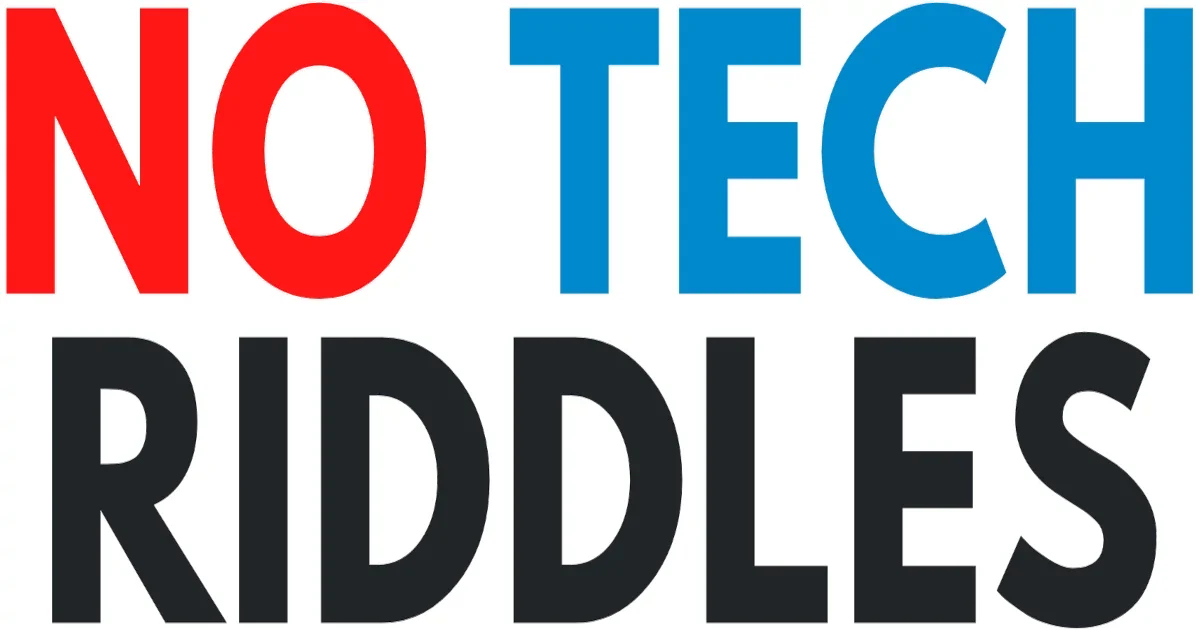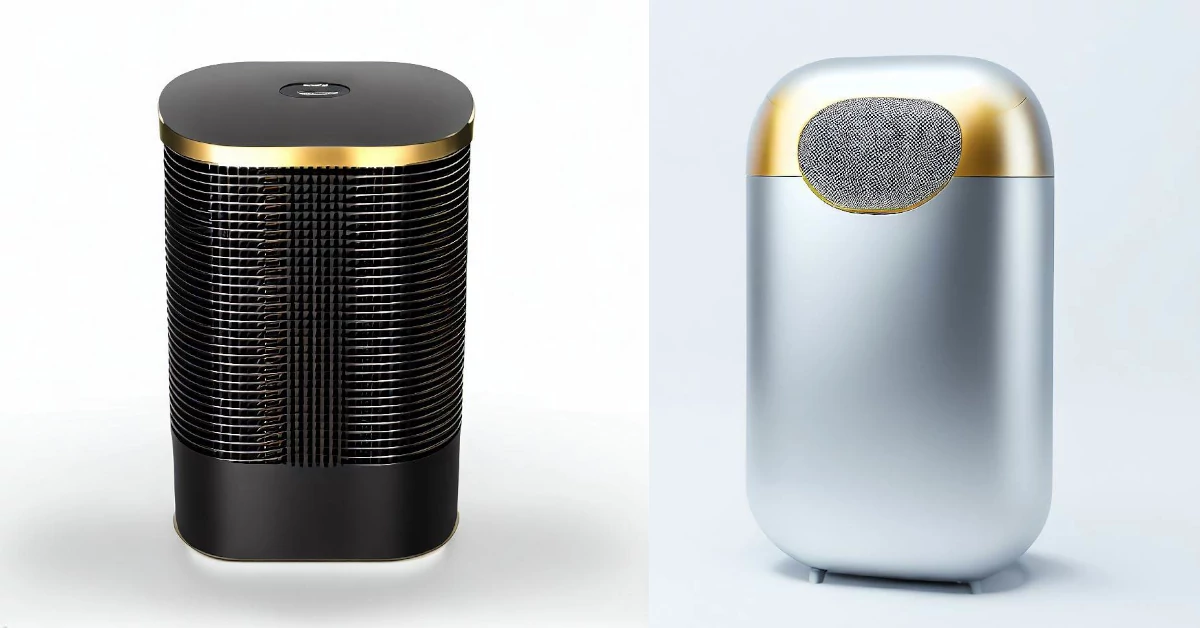As the world continues to deal with the terrible effects of climate change, one of the biggest worries is that wildfires are happening more often and getting worse.
Even though these fires are obviously dangerous right now, the long-term effects of the smoke they make are often forgotten.
Smoke from wildfires can be bad for your health, especially if you have trouble breathing.
If you’re worried about the quality of the air in your home, buying an air purifier might be a good idea.
In this post, I’ll talk about how wildfire smoke can hurt you and your family and how an air purifier can help.
Wildfire Smoke and Indoor Air Quality

Who is at Risk?
Everyone can get sick from wildfire smoke, but some people are more likely to get sick than others.
People with asthma, COPD, or heart disease, as well as children, pregnant women, and first responders, are most likely to get sick.
Exposure to smoke can make you cough, have trouble breathing, wheeze, have an asthma attack, have itchy eyes, a sore throat, a runny nose, irritated sinuses, headaches, feel tired, give you chest pain, and make your heart beat fast.
Impact on Indoor Air Quality
During a wildfire, smoke can make it unhealthy to breathe outside, and some of that smoke can get inside and make it unhealthy to breathe inside as well.
Smoke from wildfires can get into homes through small holes, cracks, joints, and even around closed windows and doors.
This is called “infiltration.” The US Environmental Protection Agency (EPA) has good advice on how to keep smoke from wildfires from getting into homes.
How to Protect Yourself
Poor air quality from wildfire smoke can make people’s eyes burn, cough, wheeze, have trouble breathing, and have a runny nose, among other symptoms.
When there is smoke in the air, pregnant women may want to take extra care, because the chemicals in cigarette smoke are also in wildfire smoke.
The EPA website AirNow gives real-time updates on the air quality in the US and parts of Canada.
It also has maps that are updated often to show where wildfires are burning.
When there are wildfires in an area and the air smells or looks like smoke, the air quality is probably bad.
Smoke should be avoided as much as possible, and you should pay attention to local air quality reports and the US Air Quality Index.
Immediate and Long-Term Health Effects
Smoke from wildfires can hurt your health right away and over time.
Smoke can cause coughing, trouble breathing, wheezing, asthma attacks, stinging eyes, a scratchy throat, a runny nose, irritated sinuses, headaches, tiredness, chest pain, and a fast heartbeat.
Smoke from wildfires can also make heart and lung diseases get worse.
People who already have lung or heart problems, children, women who are pregnant, and older people are more likely to get sick if they breathe in smoke from a wildfire.
Risk to Wildland Firefighters
Wildland firefighters are more likely to get sick because of the smoke from wildfires.
The International Agency for Research on Cancer has said that the wildfire smoke that firefighters are exposed to on the job can cause cancer in humans.
Smoke from wildfires is known to be bad for public health, but there aren’t many studies that look at how the different parts of smoke affect disease and how bad it gets when people are exposed to it.
Wildfires are getting bigger and hotter, which makes the air quality worse for people who live near the fires or downwind of them.
Before, during, and after a wildfire, it’s important to stay safe from smoke and ash.
HEPA Filters and Indoor Air Quality
Improving Indoor Air Quality During Wildfires
During a wildfire, smoke particles can get inside through small holes, cracks, and gaps, as well as around closed windows and doors.
This can affect the quality of the air inside (IAQ).
To improve IAQ during a wildfire, the US Environmental Protection Agency (EPA) suggests using a high-efficiency filter, preferably with a Minimum Efficiency Reporting Value (MERV) of 13 or higher, and lining up the arrows on the filter with the direction of air flow through the fan.
Using HEPA Filters
At least 99.97% of particles as small as 0.3 microns can be removed by a high-efficiency particulate air (HEPA) filter.
HEPA filters work well to get smoke particles out of the air, and they can be used in both portable air cleaners and HVAC systems.
In addition to using HEPA filters, the EPA suggests reducing the use of aerosols, fragrances, gas, propane, or wood-burning stoves, smoking, and vaping.
Reducing Smoke Particles in the Building
Smoke particles can also be removed from a building by damp mopping with microfiber cloths and using HEPA vacuums or vacuums with high-efficiency filter bags.
Adding HEPA filters, especially ones with activated charcoal or other adsorbents, to HVAC systems can help improve IAQ even more during a wildfire.
Portable air cleaners with HEPA filters can also help cut down on smoke particles.
Reducing Smoke Smell
It’s important to know that higher MERV filters (13+) don’t get rid of the smell of smoke.
However, there are some MERV 13 filters with high-density activated carbon that can reduce the smell of smoke inside.
Carbon monoxide (CO) monitors that can pick up CO levels as low as 1 ppm are available and may be recommended by public health officials when it is very smokey outside.
Understanding HEPA Filters
A HEPA filter is a type of air filter that can get rid of at least 99.97% of dust, pollen, mold, bacteria, and any other airborne particles bigger than 0.3 microns.
High-efficiency particulate air filter is what “HEPA” stands for.
Either plastic (PP+PET) or fiberglass is used to make HEPA filters.
They are made of a mat of randomly arranged fibers that can catch things like pollen, viruses, bacteria, mold, and PM2.5.
How HEPA Filters Work
HEPA filters work in three ways: by diffusion, by catching particles, and by squeezing them together.
When gas molecules smaller than 0.1 microns bump into each other, they slow down and take longer to pass through the filter.
This is called diffusion.
Interception happens when airborne particles stick to a fiber.
Impact is when bigger air particles get stuck right in the fibers.
Benefits of HEPA Filters
HEPA filters are much better for your health than regular filters because they can stop mold spores, bacteria, and even some viruses.
They help clean the air and make it better by getting rid of allergens and microbes.
Most air purifiers, vacuum cleaners, and HVAC systems have HEPA filters.
To make sure the filter works well, it’s important to follow the maintenance and replacement instructions from the manufacturer.
Understanding Particulate Matter in Wildfire Smoke and How Air Purifiers Can Help
Particulate matter (PM) is a term used to describe tiny particles found in the air, including those produced by wildfires.
These particles can be harmful to human health, especially when inhaled.
Wildfire smoke contains a mixture of PM, including PM2.5, which are particles smaller than 2.5 micrometers in diameter.
These particles can penetrate deep into the lungs and cause respiratory problems, such as asthma and bronchitis.
Air purifiers can help remove PM from indoor air, reducing the risk of health problems associated with wildfire smoke exposure.
HEPA filters, in particular, are effective at capturing PM2.5 particles.
It is important to choose an air purifier with a high CADR (clean air delivery rate) and to regularly replace the filters to ensure optimal performance.
For more information:
Clearing the Air: Particulate Matter & HEPA Filters

Using HEPA Filters During a Wildfire
Protecting Yourself from Wildfire Smoke with an Air Purifier
During a wildfire, smoke and other dangerous particles can make the air quality very bad.
These particles can make it hard to breathe and cause other health problems.
The EPA says that using an air purifier with a HEPA filter can cut the number of particles in the air by up to 85%.
How HEPA Filters Work
HEPA filters are effective at removing particulate matter like airborne pet dander, pollen, smoke, and dust.
HEPA filters work by pushing air through a fine mesh with the help of a fan.
This traps the particles in the air.
HEPA filters are especially good at getting rid of smoke from the air.
Removing Smoke Odors
If you also want to get rid of the smell of smoke, you’ll need an air purifier with a large carbon filter that can soak up smells.
Using an air purifier with a HEPA filter can help clean the air you breathe and make it less likely that pollution will hurt your lungs.
Air Purifiers and COVID-19
It is important to remember that cleaning or filtering the air is not enough to keep people safe from COVID-19. But air cleaners and HVAC filters can help cut down on airborne pollutants, like virus-carrying dust. The EPA, ASHRAE, and CDC all recommend upgrading air filters to the most efficient ones that will work with the system and checking the fit of the filters to make sure as little air gets past them as possible.
Maintaining Your Air Purifier
During wildfire season, HEPA filters need to be checked and replaced more often, especially during long smoke events.
Check the filter for dust and debris buildup at least once a month when it is used a lot and more often when there is a lot of smoke.
If it needs to be, it should be cleaned or replaced.
During smoke events, the US EPA says that filters may need to be changed every few weeks or days.
It is best to have extra filters on hand and change the filter when it starts to look dirty or smell like smoke.
A low-efficiency pre-filter can be put upstream of a high-efficiency filter to keep it from getting too full too quickly.
This will make the high-efficiency filter last longer.
HEPA air cleaners can also be used to clean the air inside when there is smoke from a wildfire.
A previous study found that using the right HEPA-filter air cleaners during times of wildfire smoke could cut PM2.5 by 40% in homes.
Researchers think that 38% of deaths could have been avoided if everyone in Washington used HEPA air cleaners to cut their exposure to PM2.5 by 40%.
Other Air Filters and Indoor Air Quality
How to Protect Yourself from Wildfire Smoke with Air Purifiers and Masks
Smoke from wildfires can be bad for your health, especially if you have trouble breathing.
You can protect yourself from the dangerous particles in the air, which is good news.
Using air purifiers with HEPA filters is a good way to do this.
HEPA Filters for Smoke
HEPA filters are very good at getting rid of harmful particles in smoke from wildfires.
The Environmental Protection Agency (EPA) says that the best smoke-fighting air purifiers have a HEPA filter, which uses a fan to push air through a fine mesh to catch particles.
The EPA says that the best air purifiers with HEPA filters can cut the number of particles in the air by up to 85%.
HEPA air filters catch 99.97% of particles that are 0.3 microns or bigger.
This includes pollen, pet dander, dust mite waste, mold, and smoke particles, which are all air pollutants and allergens.
Activated Carbon Filters for Smoke
It’s important to remember that HEPA filters only get rid of particles, not smells or gases.
Think about adding an activated carbon filter to filter smoke.
Activated carbon filters grab molecules in the air, like smells and gases, and hold them on their surface.
Both a HEPA filter and an activated carbon filter are in the best smoke air purifiers.
Other Types of Air Filters
Even though HEPA filters are the best at getting rid of smoke particles, other types of air filters can also be used during a wildfire.
Using an HVAC air filter with a high MERV rating is one way to get rid of a lot of the smoke in your home.
You could also use an air purifier with a HEPA filter.
This type of filter uses a fan to push air through a fine mesh to catch particles.
True-HEPA air filters can clean the air of particles as small as those found in smoke from wildfires.
Additional Tips for Protecting Yourself from Wildfire Smoke
In addition to using air filters, it is best to keep doors and windows closed to keep dirty air from getting in through cracks and leaks.
Running the fan on a low setting on your central heating and cooling system can also help clean the air in your home.
It’s important to remember that many of the masks people wore during the pandemic, like cloth masks, are not good at keeping out the small particles in wildfire smoke.
People should wear N95s or KN95s outside to protect themselves from smoke and falling ash.
During a wildfire, using air filters and masks can help improve the quality of the air inside.
It’s also important to do other things to get ready for wildfire season, like having an emergency kit and making a space around your home that can be used as a defense.
Keeping yourself safe from smoke from wildfires is important for your health and well-being, so take the right steps to stay safe.
Protecting Indoor Air Quality During a Wildfire
During a forest fire, smoke can get into homes and make the air inside dirty.
During a wildfire, staying inside is one of the best ways to protect the air quality inside and protect your lungs, heart, eyes, nose, throat, and immune system from being exposed to smoke.
But smoke can still get into homes through open windows and doors, mechanical ventilation systems, or HVAC systems with a fresh air intake.
Improving Indoor Air Quality During a Wildfire
During a wildfire, one way to improve the air quality inside is to buy a portable air cleaner or a high-efficiency HVAC filter.
Portable commercial air cleaners with high-efficiency filters can cut the number of particles in the air by up to 45%.
Another way to improve the quality of the air inside your home is to air it out by opening windows or the fresh air intake on your HVAC system when the outside air quality gets better, even if it’s just for a short time.
During a wildfire, it’s also important to keep your windows and doors shut to keep smoke from getting inside.
If you have access to the building’s heating, ventilation, and air conditioning system, install the air filter with the highest efficiency that will work with the system.
It is also a good idea to turn off the mechanical ventilation system during the fire and turn it back on after the fire.
Choosing an Air Purifier with a HEPA Filter
The most dangerous part of wildfire smoke, tiny particles that can get into a person’s bloodstream, can get in through closed windows and doors, according to new research.
During a wildfire, it’s important to choose an air purifier with a HEPA filter so that the smoke’s particles don’t get into your lungs.
HEPA filters are the best for cleaning the air inside, and they can even get rid of smoke particles.
Look for an air purifier with a “True” HEPA filter, which is the standard recommended by the EPA and the American Lung Association.
Choosing the Best Air Purifier for Your Needs
During a wildfire, the size of the room where you will use the air purifier with a HEPA filter will help you choose the best one for your needs.
Use the size of your room to figure out the right CADR minimum rating.
Compare CADR ratings, which show how quickly the air purifier can clean the air.
Also, check the product specs for noise levels, which are measured in decibels.
Depending on where you want to use your air purifier, you may want one that is quieter.
Additional Filters for Air Purifiers
Some air purifiers have extra filters that catch gases, volatile organic compounds (VOCs), and odor compounds.
These filters are often made of activated carbon or charcoal.
Consider getting an air purifier with an activated carbon filter if you are remodeling or live in a place with a lot of pollution.
Costs of Filters and Certifications
Once you have identified an air purifier that offers the best filtration for common pollutants in your home and that is the right size for your space, evaluate the costs of filters and certifications. Prices for filters vary a lot, and ones with carbon that gets rid of smells can cost as much as $50. Look for certifications such as Energy Star and AHAM Verifide to ensure that the air purifier meets industry standards.
Note: Please keep in mind that the estimate in this article is based on information available when it was written.
It’s just for informational purposes and shouldn’t be taken as a promise of how much things will cost.
Prices, rates, and fees can change because of things like market changes, changes in regional costs, inflation, and other unforeseen circumstances.
Conclusion

In conclusion, smoke from wildfires is a serious problem that hurts both the environment and our health.
Even though it might seem like we can’t do much to protect ourselves from the harmful effects of smoke, buying an air purifier can make a big difference.
As the owner of an air purifier, I can say that knowing the air in my home is clean and safe to breathe gives me peace of mind.
But it’s important to keep in mind that an air purifier is not a miracle cure.
Even though wildfire season is over, it’s still important to be careful when spending time outside and to know how clean the air is in your area.
In the end, the problem of wildfire smoke shows how important it is to take care of our planet and find long-term solutions to stop these terrible fires from happening in the first place.
As individuals, we can make a difference by reducing our carbon footprints and pushing for policies that put environmental protection first.
So, whether you’re thinking about buying an air purifier or just looking for ways to help the environment, keep in mind that everything you do counts.
Let’s work together to save our planet and make sure that future generations will have a healthy world.
Links and references
- NWCG Smoke Management Guide for Prescribed Fire
- Wildland Fire Smoke in the United States
- Evidence on the Use of Indoor Air Filtration as an Intervention for Wildfire Smoke Pollutant Exposure
- Exposures and Behavioral Responses to Wildfire Smoke
- What can we do when the smoke rolls in? An exploratory study to inform community-based wildfire smoke interventions
My article on the topic:

